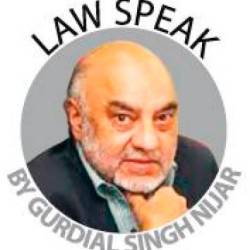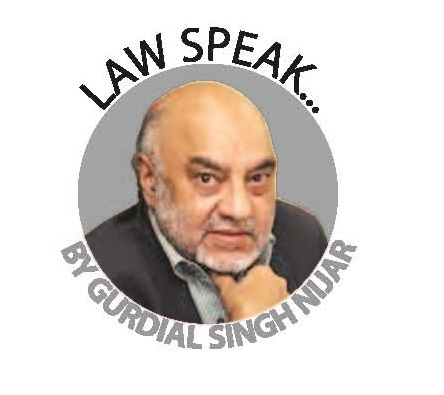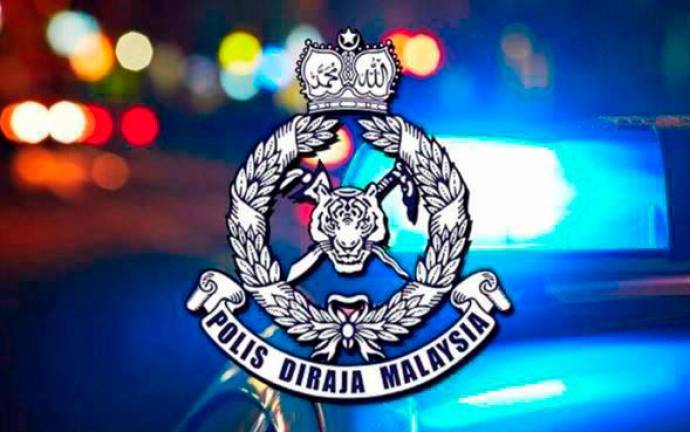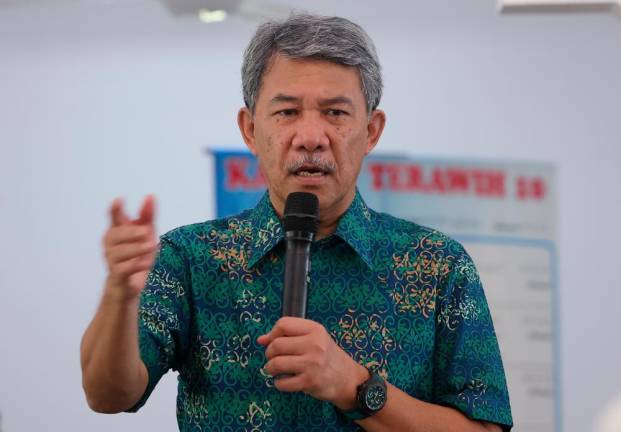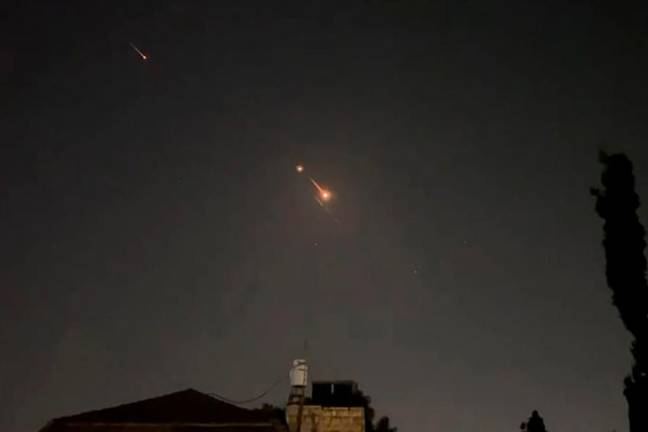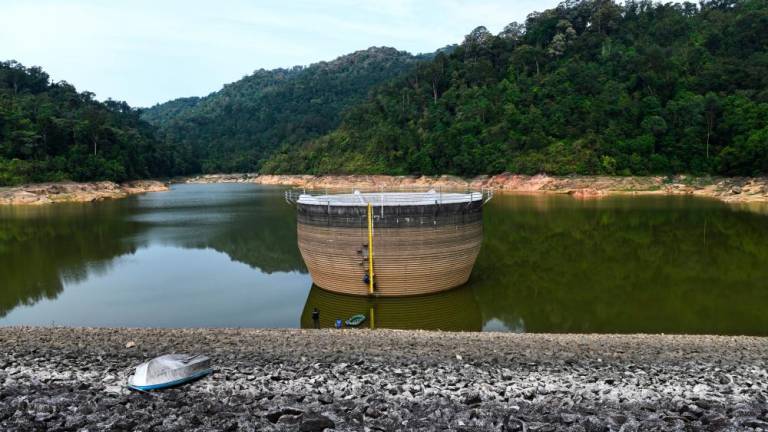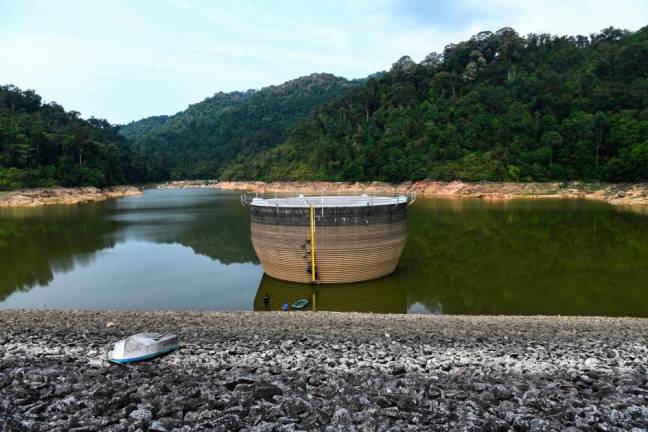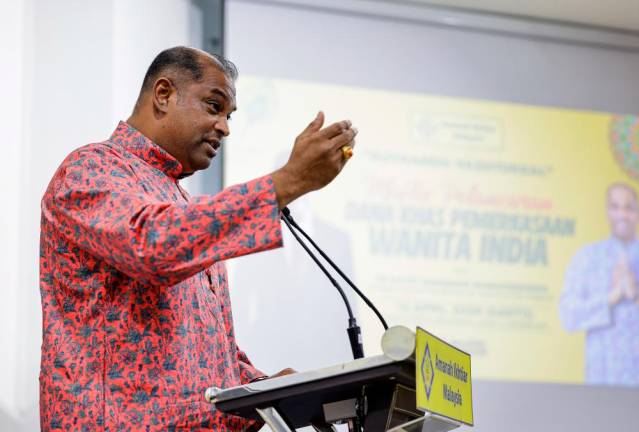THE dialogue on the introduction of the jawi script in schools was banned by a last-minute court order secured by the police. The reason given was that it would cause chaos. A large number of Malay groups had threatened to scuttle the dialogue congress; convened essentially by Chinese educationists with a smattering of others including a representative from the Ministry of Education.
Earlier the prime minister had warned of the potential for reprisals by other groups against the congress.
All well and good. Law and order is everybody’s concern. And a valid consideration in curtailing freedoms guaranteed by the Federal Constitution. Especially when activities impinge on the delicate race and religion issues.
But pause awhile. The basis is that one ethnic group demands that this issue not be discussed. Can a constitutional right that is fundamentally-guaranteed be thus thwarted?
Admittedly, the constitution allows the curtailment of the right to free speech and assembly on grounds of public order and national security. This present ban at the behest of the police implies that (a) the police with its vast panoply of powers is unable to maintain law and order; and threats by others; and (b) the government is powerless to effectively staunch others from disrupting lawful activities.
The police are eminently placed in a worst-case scenario to impose conditions for any assembly to be held. This would relate to time, manner and place. In other words restrictions but not outright ban. Indeed the Peaceful Assembly Act 2012 allows the imposition of such restrictions.
Significantly, if there is a proposal to have a “counter assembly” the OCPD has the power under the Act “if it is evident that the organisation of the counter assembly will cause conflict between the participants of the assemblies” – to get that assembly organised at another date, time or place. Thus the right of all to assemble peacefully is guaranteed in a balanced way.
I recall that a group sought to injunct one Bersih rally on its eve alleging potential disorder by counter assemblies. The High Court threw out the application. Reminiscent of Lord Denning’s exhortation that the courts “should not interfere by interlocutory injunction with the right to demonstrate and to protest any more than they interfere with the right of free speech; provided that everything is done peaceably and in good order”. And “the right to demonstrate and the right to protest on matters of public concern ... are rights which it is in the public interest that individuals should possess” and that “history is full of warnings against suppression of these rights” Hubbard v Pitt (1967).
Now, the convening of the congress by all accounts was done legally in complete compliance with the law. There is no suggestion that it intended to break the law. It was a mere dialogue – to discuss, clarify and explain the issues. No threat to the peace. The threat came from others who assumed to themselves the right to prevent others from assembling together.
Clearly, to prevent a lawful assembly from taking place on the basis that it will be met by an unlawful opposition is to give in to lawlessness. Note that the counter group was not given the go-ahead to carry out their demonstrations. Surely, as a general rule, the correct approach must be for the law enforcement agencies to deal with those who are threatening to break the law rather than to act against those who are seeking to comply with it. “If danger arises from the exercise of lawful rights resulting in a breach of the peace, the remedy is the presence of sufficient force to prevent the result, not the legal condemnation of those who would exercise those rights”. R v Londonderry (1861).
Dealing with a similar threat by a counter group, the revered English judge Lord Denning, speaking for the English Court of Appeal, said:
“The evidence is that if there is any trouble it will not be at the meeting at all. If it does occur, it will be outside caused by opponents ... Their members may threaten or assault the members of the National Front; or try to stop their meeting. It would then be the interrupters who would be the destroyers of freedom of speech. They cannot be allowed to disrupt the meeting by mass pickets, or by violent demonstrations, and the like. The police, will, I hope, be present in force to prevent such disruptions”. Verrall v Great Yarmouth BC (1980).
More fundamental issues arise. The ban on this ground engenders, if not exacerbates, ethnic tensions. Any concerted group can prevent the pursuit of legal activity by others, especially minorities. By lodging an avalanche of police reports and contriving a law-and-order threat. Then the very exercise of constitutional freedoms is at stake. Undermining the very ethos of the Rule of Law – a key pillar of our Rukun Negara and proudly declared by the present government as its guiding governance compass. Undermining as well the purpose of the constitution “to restrict the majority’s ability to harm the minority”: James Madison, founding father of the US.
Also, by banning open dialogue, critical matters are then relegated to be dealt with in, perhaps, ill-informed and even insidious cloistered whispers.
One of the challenges of the government is to curb this sort of adversarial ethnic remonstrations. Rather than to succumb to it. For, once mob rule pervades, the “Harapan” for the rest of the citizenry could well recede into oblivion.
Gurdial, is president of Hakam, the National Human Rights Society. Comments: letters@thesundaily.com



